We delve into the task of the Malaria 40 association, a Castelldefels-based entity that focuses its work, among others, on developing cooperation projects in Madagascar.
Something stirred inside Cristina Cama when she traveled to Madagascar. This country in southeast Africa, the largest island on the continent and the fourth largest in the world, was a great discovery for her. "I found a country with great wealth and beauty, and at the same time, a lot of poverty," she explains. Seeing the smiles and happiness of its inhabitants, despite the harsh circumstances in which they have to live, prompted her to take a step forward to help those people. In addition, Madagascar is the country where her daughters were born.
In Castelldefels, her city, she founded the Malaria 40 association. Initially, in 2008, the entity was articulated as a solidarity project of the NGO Cooperació Vicenciana per al Desenvolupament - Acció Missionera Vicenciana d'Espanya (COVIDE-AMVE), with the mission of raising funds to offer treatments to children sick with malaria. Years later, in 2016, it was established as a non-profit organization to carry out cooperation projects in Madagascar and to do awareness-raising work in Catalonia. We speak with its president, Cristina Cama.
Malaria 40 started with a very specific purpose, but you have been expanding your work over time.
Initially, the goal was to help treat malaria, which is an endemic disease in Madagascar and causes many deaths among the population, especially children. Over time, however, we saw that mortality was not only high due to malaria, but also due to other diseases and many other difficulties that the population faces. That is why we have expanded our work in the country.
How have you done it?
Currently, we have expanded our ways of assistance and we have also focused on the field of education. Specifically, we have a sponsorship and scholarship program for infant and young student, from early childhood until they complete their university studies. In addition, we also focus on the field of social development with various projects, such as the construction of water wells and attention in cases of emergencies, among many others.
In general, what is the reality of the areas of Madagascar where you work?
Despite all the natural wealth the country has, its population lives in the most absolute poverty. Despite this, they live happily and share everything they have.
What is your philosophy regarding cooperation?
For us, it is key that all the money we raise in Catalonia goes entirely to Madagascar and is destined for our humanitarian projects managed by the Vincentian missions, which work on the ground. To do this, the help of sponsors is essential to achieve the zero cost of solidarity activities. And as for the philosophy of aid, it could be summarized with this idea of cooperation that focuses on teaching people to fish.
From this, we have developed the school projects we have in the country or the work project, among others. And, in some way, we try to link everything. For example, we build water wells in schools so that children who attend them can bring water to their homes.
In which areas of cooperation do you focus and what humanitarian projects are you currently attending to in Madagascar?
We work in the areas of health, education, and social development, mainly focused on helping children and families in the most vulnerable situations. Thus, today we are providing medicine to medical centers, providing education to children, building water wells in villages, rebuilding schools destroyed by cyclones, offering daily meals to social canteens, facilitating the job placement of people, and attending to emergencies, among other tasks.
How do you finance your projects?
We organize many solidarity activities, such as parties, concerts, workshops, exhibitions, sports races, etc. For example, on April 20th we had a solidarity dinner at the Cel Blau restaurant. The contribution was 30 euros, which will be entirely donated to the children's shelter we have in the city of Ranotsara.
One of the great challenges for organizations and NGOs is always the sustainability and viability of projects. How do you do it?
We focus on detecting real needs and manage all our work with the Daughters of Charity and Vincentian Fathers in Madagascar. We know cases of some NGOs that launched a project of water wells and houses, but the result was that the population got sick and the project was abandoned. What happened is that the well was near sewage water and the water was contaminated. Perhaps the problem was that the project was done with a mentality from here.
This wouldn't happen to us.
In our case, it is the saurins who decide where the wells are made and at what depth, they know how much water will come out and whether it will be drinkable or not. Then, it is the people of the village, the well digger, who builds the well with their own hands and almost without tools. This way, the community is also empowered and people take better care of the well and the water, for example, to avoid contamination. We believe that this is an example of sustainability in projects.
Another example: we try to provide work for parents so that with their income, they can send their children to school and enjoy at least one meal a day.
The task of raising awareness about the reality of Madagascar and the importance of cooperation, especially among young people, is a pillar of your work.
As an organization, Malaria 40 is part of the Peace and Solidarity Council of the Castelldefels City Council, which provides us with a shelter to organize solidarity activities, such as the Solidarity Sant Jordi or the Cooperation Days. In addition, we provide training and workshops in schools and institutes so that young people can understand what is happening in Madagascar and mobilize to contribute their grain of sand to help.
What are the main difficulties that you have encountered as an entity throughout your more than thirteen years of trajectory?
Basically, the main difficulties or challenges have to do with making people understand that 100% of everything they contribute financially will be entirely dedicated to our projects in Madagascar. We believe that this is a very important issue, because many NGOs and foundations often do not do this.
In this sense, we publish on our website our activity and financial reports, where you can see what we do, what we collect, and where we allocate it. We believe that transparency and credibility are essential for the continuity of humanitarian projects.
Do you work with volunteers?
Yes, we have volunteers who give us a hand in carrying out our tasks. We have both volunteers to help us with the activities we organize here, as well as those we carry out in the field. If anyone is interested in participating as a volunteer with us, they can contact us by sending an email to info@malaria40.org.
In what other ways can one collaborate with Malaria 40?
We and our local partners have the people and the structure, what we need are resources to cover the basic needs of people, such as buying rice, school supplies, medicines, etc. Those who want to contribute can do so through the bank account number ES31 1491 0001 2130 0006 3465, indicating the beneficiary as the association Malaria 40; or by Bizum, at the phone number 608 900 906.
What future challenges do you have in mind?
The truth is that we imagine helping as much as possible, as we have done so far, and expanding the range of projects we have underway. It is our daily work, always with the goal of reaching as many people as possible.
Personally, Cristina, what has Malaria40 brought to you?
If I speak on a personal level, contributing my grain of sand to solidarity and, specifically, to Madagascar, which is the country where my daughters were born. The work I do with the organization helps me give more meaning to my life.

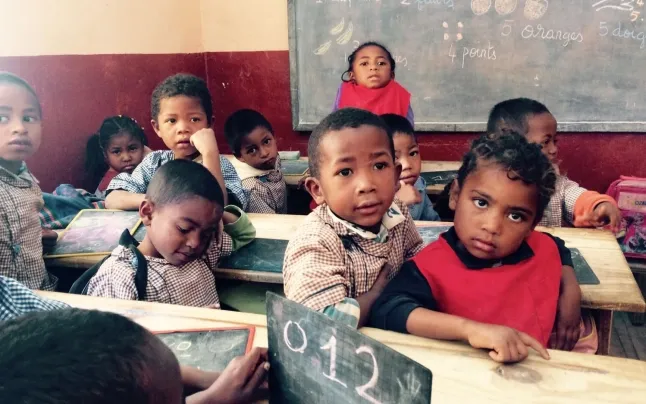
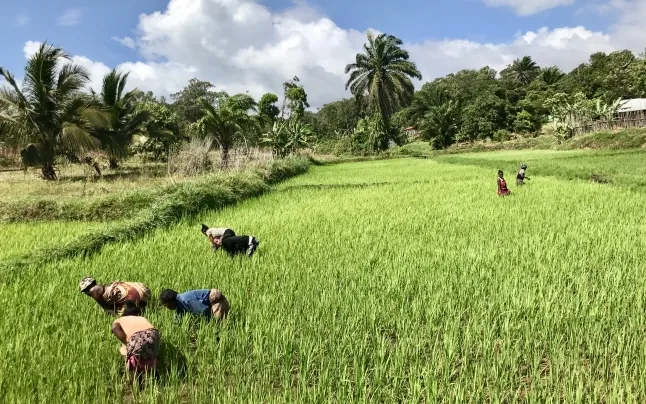


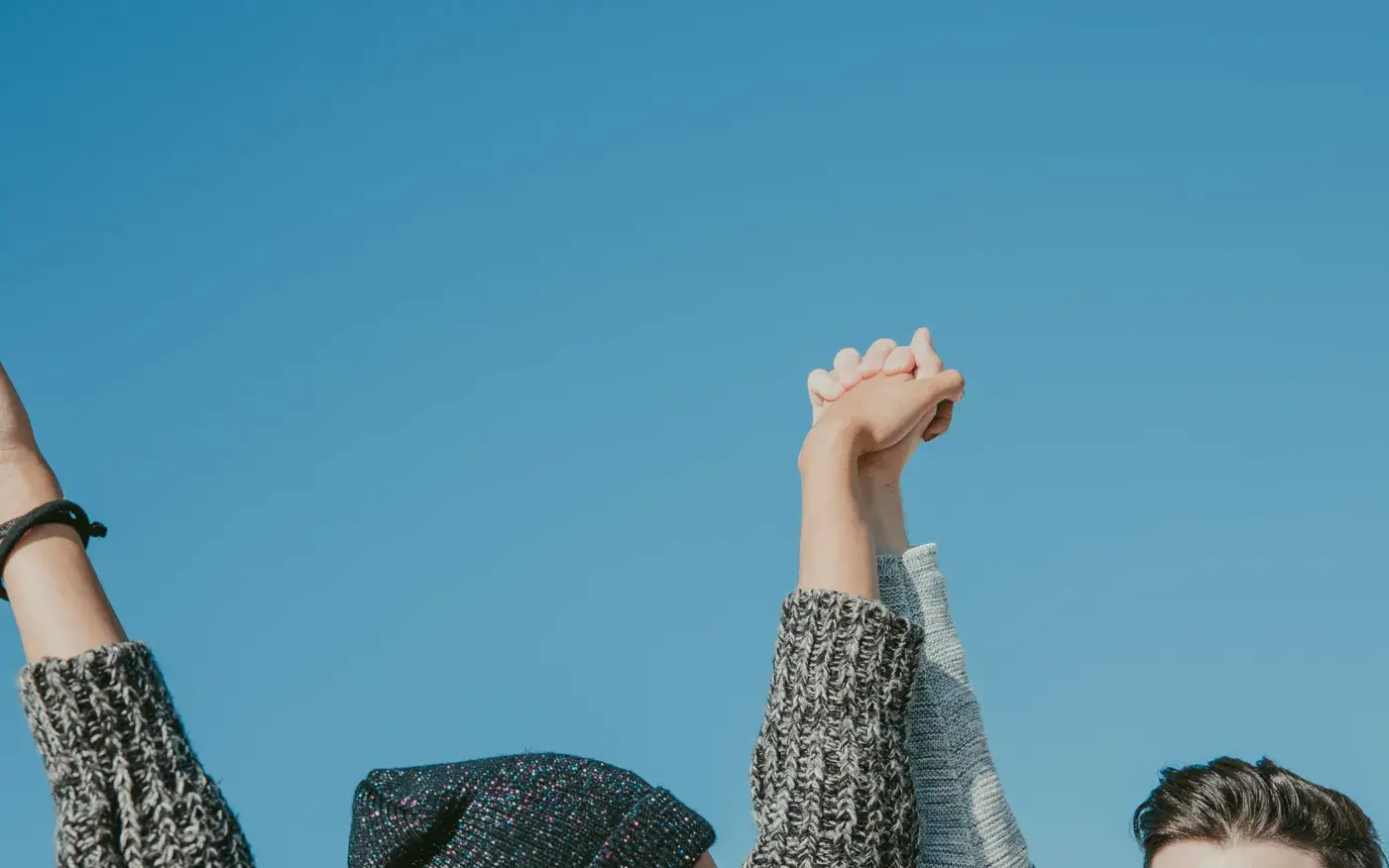
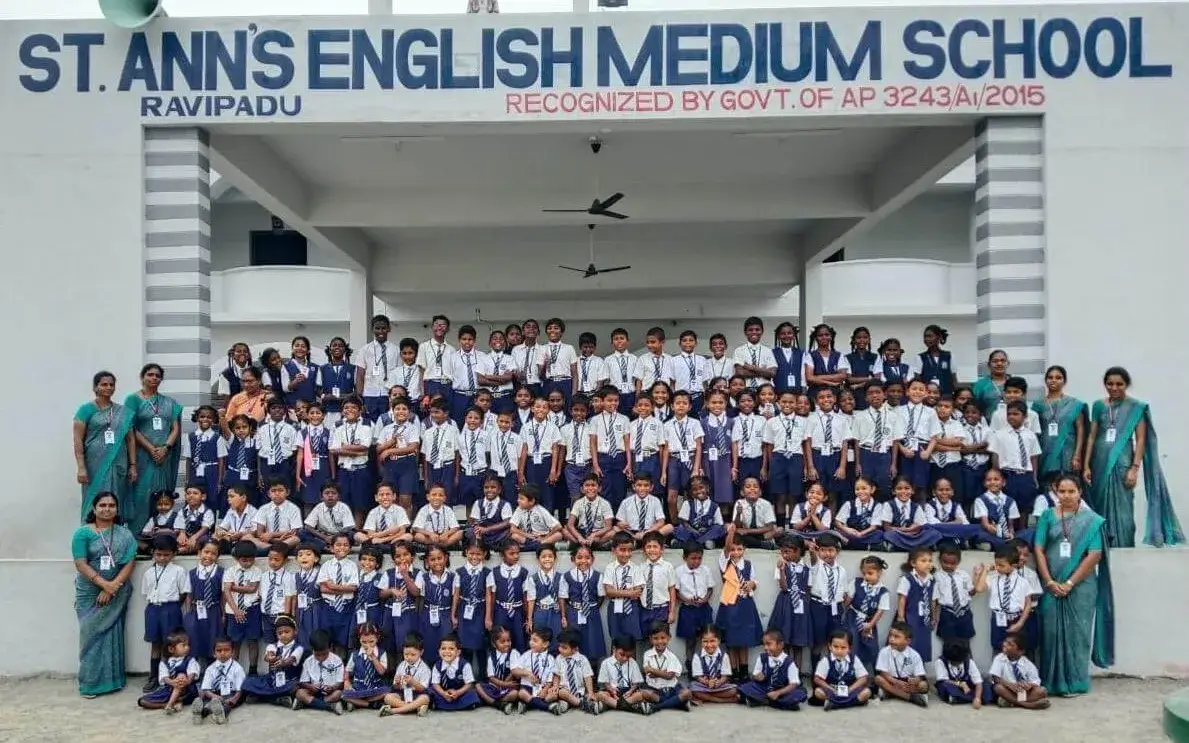
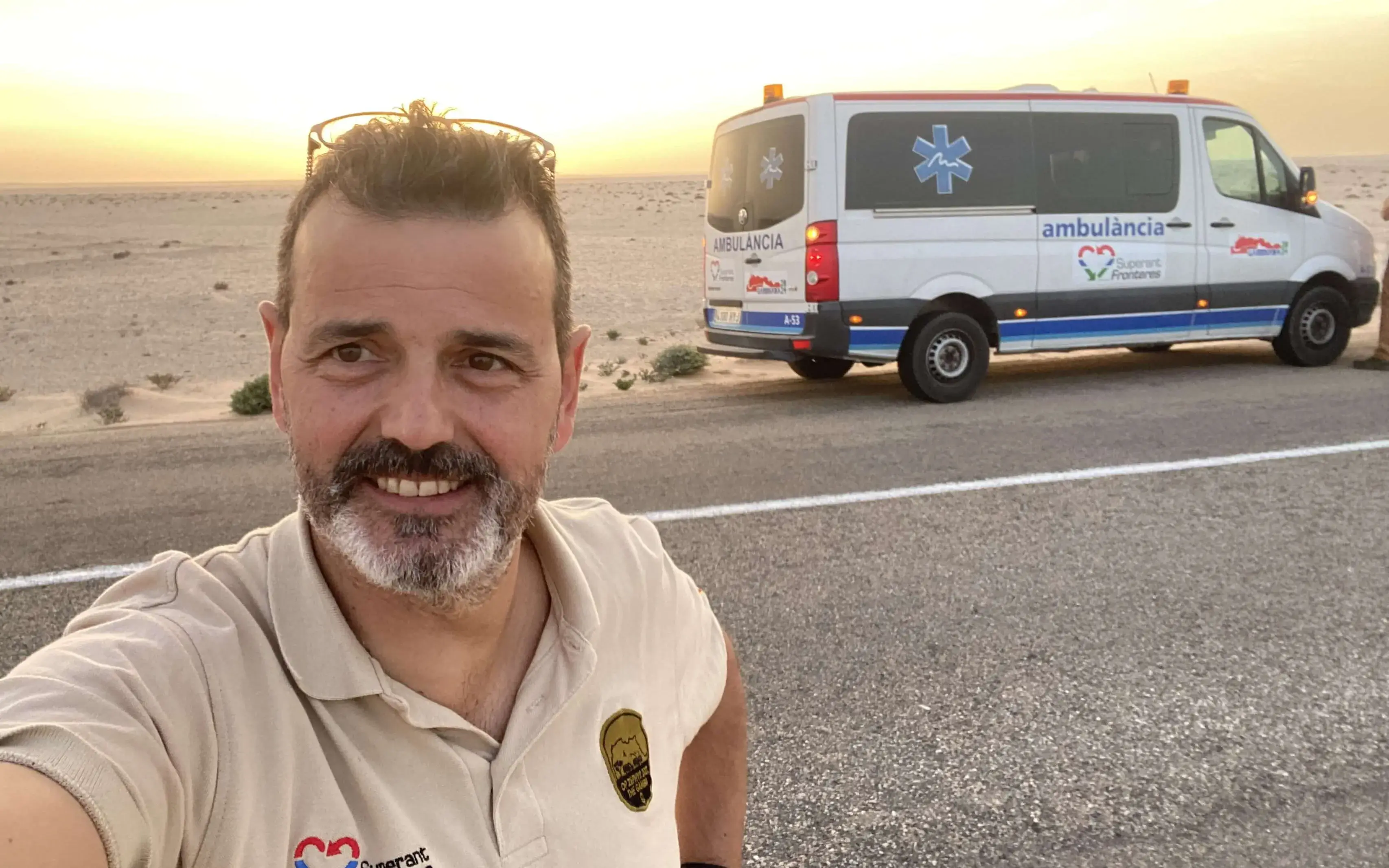
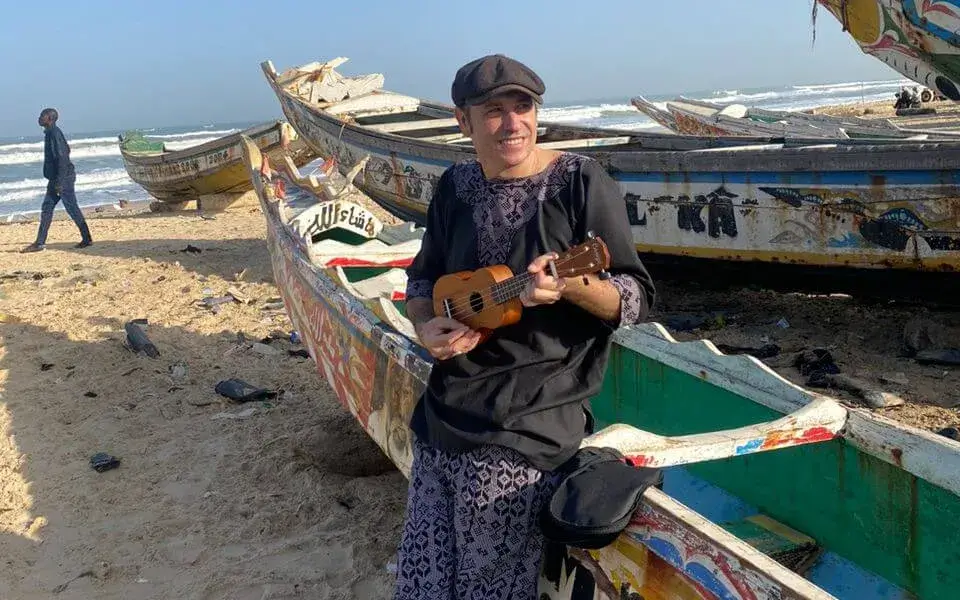
Add new comment